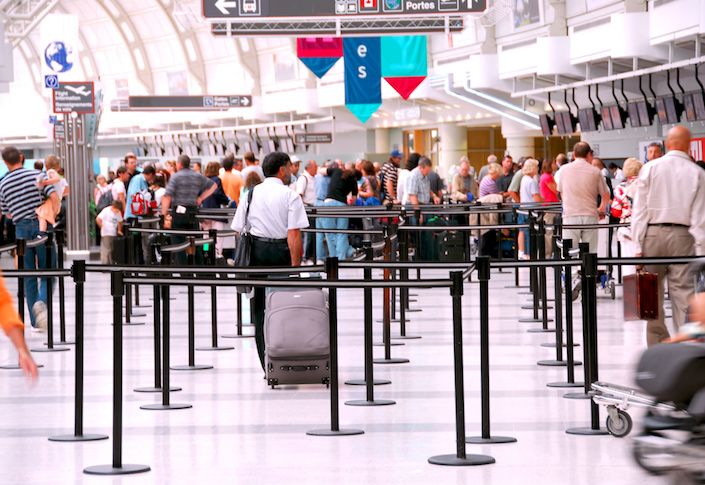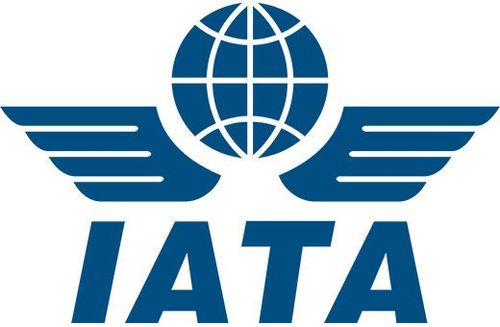Where travel agents earn, learn and save!
News / IATA welcomes Spanish Government rejection to raising airport charges for COVID losses
“We welcome that the DGAC and the Ministry of Transport have rejected an unjustified request for a cost increase that would have put the recovery of air travel at risk"

The International Air Transport Association (IATA) welcomes the decision from the Spanish government to reject the proposal from Aeropuertos Españoles y Navegación Aérea (AENA), to recover economic losses amounting to EUR 2.3 bn generated because of the COVID crisis, by raising airport charges.
The proposal that AENA submitted to the Directorate General of Civil Aviation (DGAC) last year attempted to recover revenues not collected due to the COVID-19 crisis, for services that were never operated and that couldn’t be accessed by airlines.
While COVID-19 had a catastrophic impact on travel, it did not have a substantial impact on the financial viability of AENA, as reflected by their 2020 financial statements and their results for the first 9 months of 2021. AENA has reported cash and credit availability for the coming years, making airlines believe their request was not only unjustified but also irresponsible.
“We welcome that the DGAC and the Ministry of Transport have rejected an unjustified request for a cost increase that would have put the recovery of air travel at risk. This is a logical decision based on solid financial evidence and it sends a strong message to other airports and air navigation service providers tempted to follow a similar approach, that such monopolistic behavior will not be accepted. Passing on the burden of financial recovery to your customers, is not the way to incentivize travel, re-establish air connectivity and start putting the COVID-19 crisis behind us once and for all,” said Rafael Schvartzman, IATA’s Regional Vice President for Europe.
IATA considers Spain’s current Airport Regulation Document (DORA) for the period 2022-2026 to be a stable, and predictable framework that supports the recovery of air transport and the stimulation of tourism. This framework, which also includes the freezing of charges for the next five years, still guarantees the future development needs and investments in sustainable aviation infrastructure in Spain to enable connectivity and address future passenger demand.











